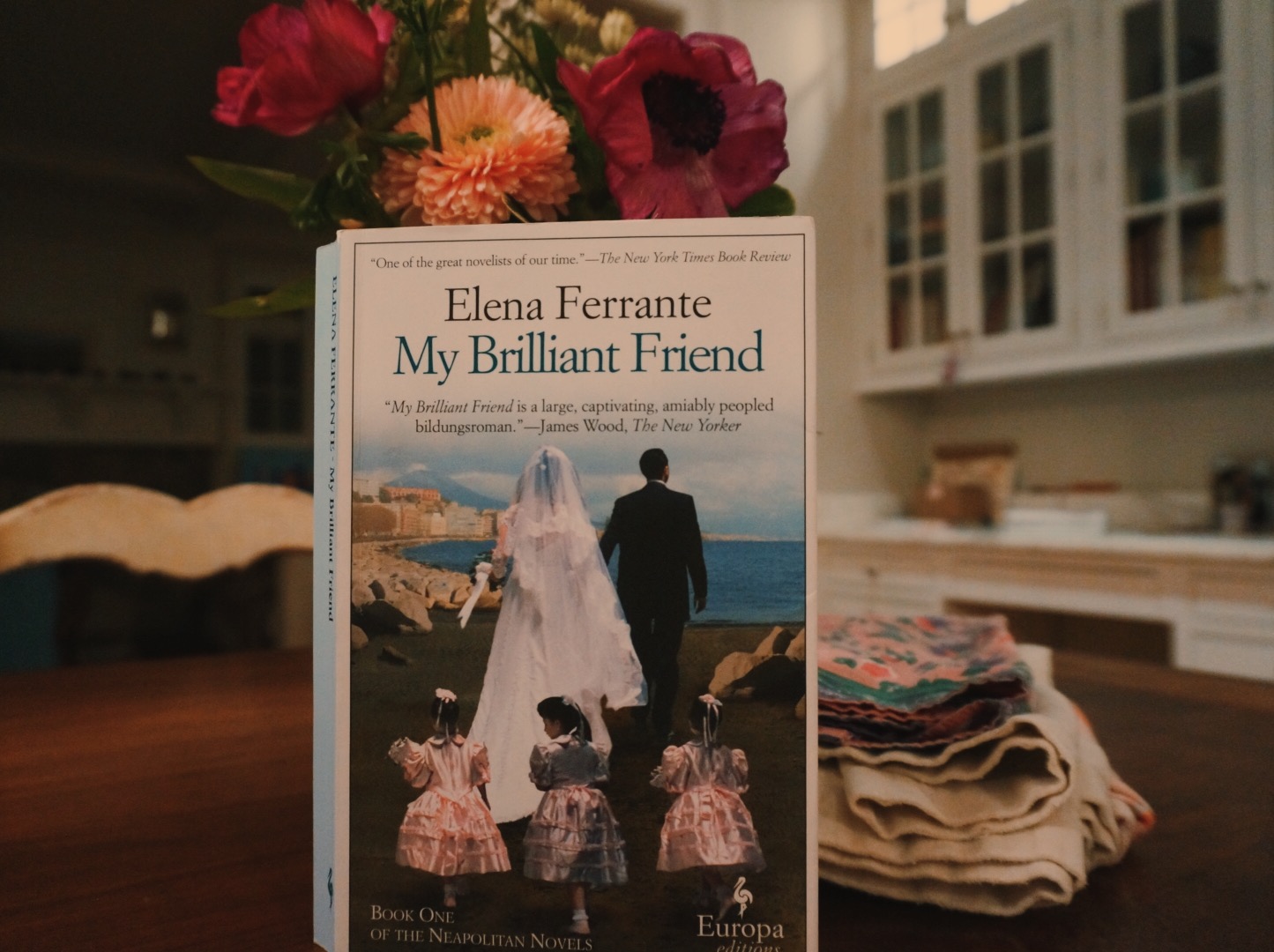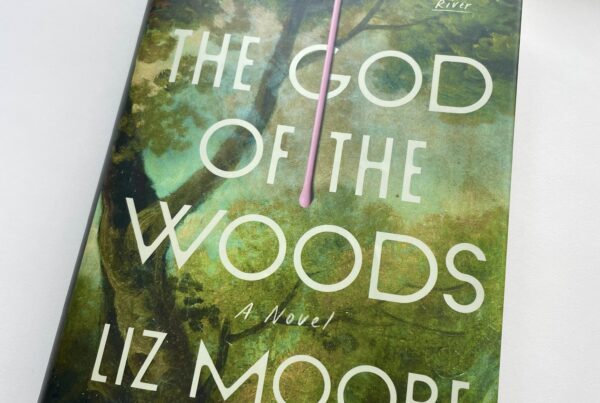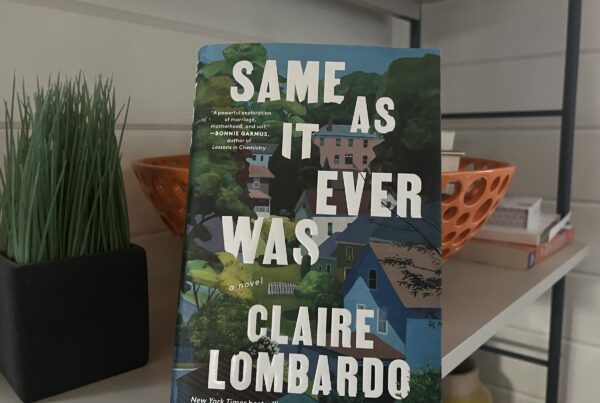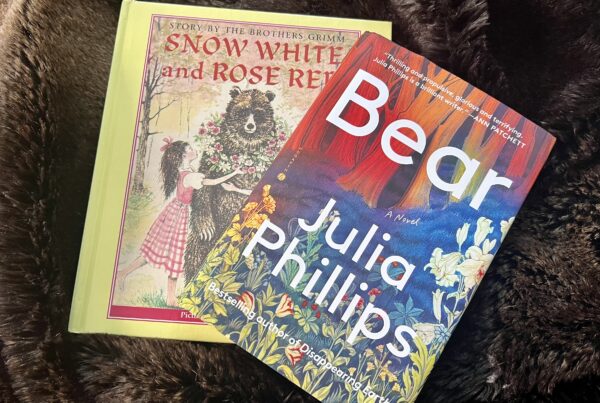a bookclique pick by Jessica Flaxman
Anyone who has ever had and tried to keep a best friend from early childhood knows that there are good days and bad. There’s the initial spark of attraction followed by days, decades and months of joyful connection and jealous retreat, of recalibration and reevaluation. Questions and longings nag both parties often at different times: Who calls the shots? Who is happier? Who needs whom more?
I have read many books about female friendship, but none has ever made me as uncomfortable or as gratified as Elena Ferrante’s My Brilliant Friend, the first in the “Neapolitan” trilogy. My Brilliant Friend is itself broken into three parts – Prologue, Childhood (The Story of Don Achille) and Adolescence (The Story of the Shoes). The story is told from the perspective of Elena in her sixties and begins with the apparent disappearance of her friend, Lina. Elena vows to restore the lines to Lina’s and her own existences through writing. “We’ll see who wins this time,” she says to herself as she turns on her computer.
From the start, then, the reader grasps the degree to which Elena competes with Lina to control not only their lives but also their story. The girls grow up in a poor community in Naples, a community characterized by hard work, vaguely understood desire, and rage. There are shocking episodes of violence that are accepted as normal, even impressive. Men beat women and children; children beat each other; men kill men.
Amidst the bruises and tears is a mesmerizing story about the relationship between two dynamic girls whose relationship propels them to act and react in all manner of ways, together and alone. Lina’s schemes, words and deeds cause Elena to constantly feel tortured and insecure, but also more alive. And at a critical point in the novel, we realize that Elena spurs Lina along in similar ways.
I loved this book for many reasons, not least of which was because like all good books it filled me with questions both philosophical and personal: What is true loyalty? Who needs school? How is success measured? Where is the line between affection and obsession? What is more powerful, authorship or disappearance? Into a literary canon made up of stories about hardscrabble boys like Huck Finn, Ferrante’s novel about two tough and brilliant girls is a distinctly familiar yet disruptive addition – and a marvelous read.




